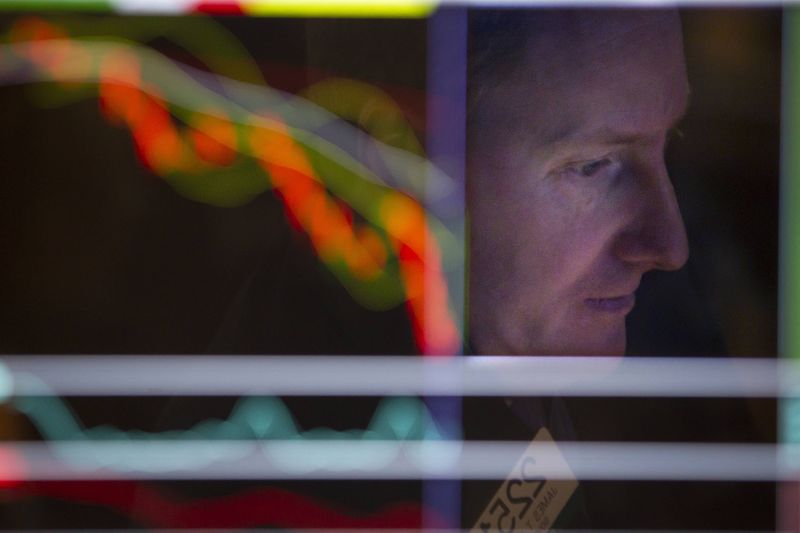By Agnieszka Barteczko, David Mardiste and Andrius Sytas
WARSAW/VILNIUS/TALLINN (Reuters) - Energy market regulators in Poland and Lithuania are investigating whether Polish electricity grid operator PSE is breaking European Union rules by limiting Lithuanian imports.
The restrictions, which are adding to tensions between the Warsaw's eurosceptic government and the European Commission, could be in breach of EU market rules, legal experts said.
"The Commission and the Polish regulator have received a request from a market participant regarding the situation when transmission capacity from the Polish side is limited to zero during night hours," Lithuania's National Commission for Energy Control and Prices, said in an email.
Lithuania and Poland started power transactions on their first 500-megawatt link last December.
The investigation was initiated after Estonia's state-owned power group Eesti Energia filed a request in April asking if the restrictions comply with EU regulations.
"The situation is definitely problematic as the Polish TSO (transmission system operator) clearly is not acting in accordance with its previously made statements and officially submitted information," Hando Sutter, the company's chief executive, told Reuters in an email.
Import restrictions raise a question about achieving the EU's goal of creating an energy union, Sutter said.
The EU wants to see electricity flowing freely across the bloc without technical or regulatory barriers, helping to reduce prices for consumers and ensure security of supply.
Meanwhile, Poland has called for greater energy union to help it reduce EU reliance on Russian gas.
PSE said unregulated power imports "can destabilise the system" at night, when demand is low and government officials said it was a necessary step to protect its coal power plants, a source of 80 percent of electricity, from imports of "cheap, subsidised electricity".
"The day and night fluctuations, which could be caused by the excess of electricity coming from the Baltic states to Poland, are a threat to our power stations...," Piotr Naimski, a senior government official in charge of energy infrastructure, told Reuters.
Christian Schnell, a partner at the Warsaw-based law firm Solivan said import restrictions could violate article 102 of the Treaty on the Functioning of the European Union, which prohibits unfair trading conditions.
Asked whether Warsaw was discussing the issue of power import restrictions with the European Commission, Naimski said: "We are trying to explain this situation and we are looking for some understanding for (the) Polish energy system."
The European Commission declined to comment.
